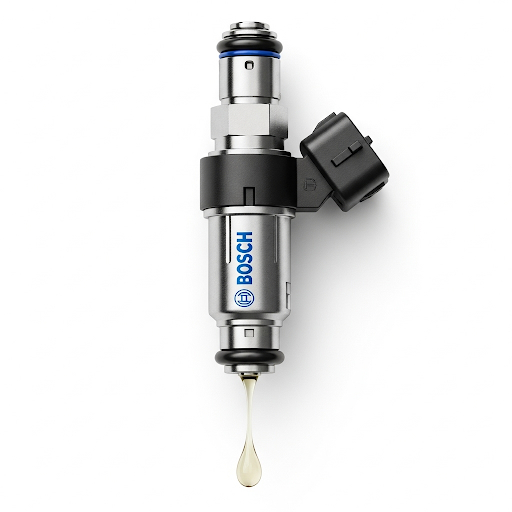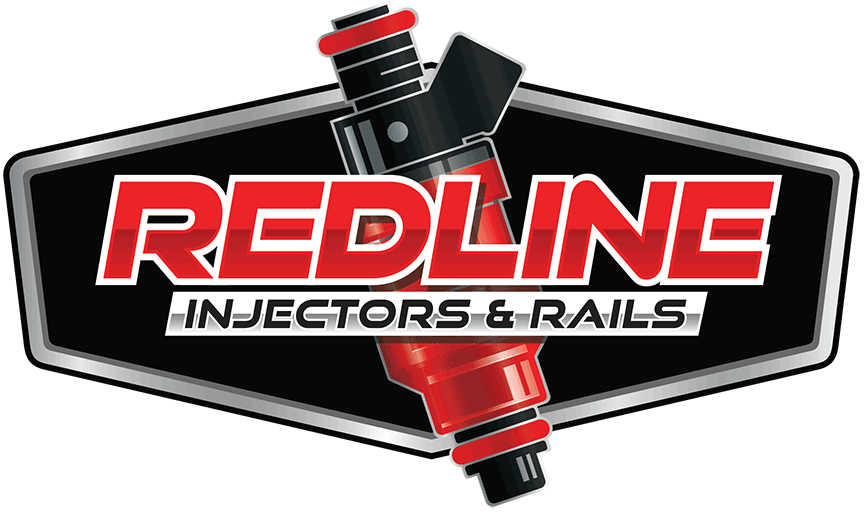
A leaking fuel injector can cause a range of drivability issues and even long-term engine damage if not addressed. Symptoms depend on whether the leak is internal (injector dribbling into the cylinder when it should be closed) or external (fuel leaking outside the injector body, seal, or rail).
Key Symptoms of a Leaking Fuel Injector
Performance Symptoms (Internal Leaks)
-
Hard starting / long crank time – especially after sitting, because leaked fuel floods the cylinder or bleeds pressure off the fuel rail.
-
Strong fuel smell in exhaust – unburned fuel passing through.
-
Rough idle or misfire – one or more cylinders may run overly rich.
-
Black smoke from exhaust – from excessive fuel burning.
-
Poor fuel economy – more fuel is being consumed than normal.
-
Engine oil thinning or fuel smell in oil – raw fuel can wash past piston rings and dilute the oil, reducing lubrication.
-
Check Engine Light (CEL) – often with codes like P0172 (system too rich), P030X (misfire), or fuel trim errors.
Physical / Safety Symptoms (External Leaks)
-
Strong raw fuel smell near engine – especially right after shutting off.
-
Visible wetness or fuel around injector body, rail, or seals.
-
Fuel dripping under vehicle – dangerous and fire-prone.
-
Hissing sound or visible spray when the system is under pressure (very hazardous).
Long-Term Effects if Ignored
-
Carbon buildup on valves and piston tops.
-
Catalytic converter damage from unburned fuel.
-
Engine bearing damage from fuel-diluted oil.
-
Increased fire risk with external leaks.
If you suspect a leaking injector, the system should be pressure-tested and the injectors flow-tested. External leaks should be addressed immediately for safety.
leaking fuel injector can cause significant engine problems and should be addressed promptly. The symptoms are generally related to the engine receiving too much fuel, leading to a “rich” condition.
